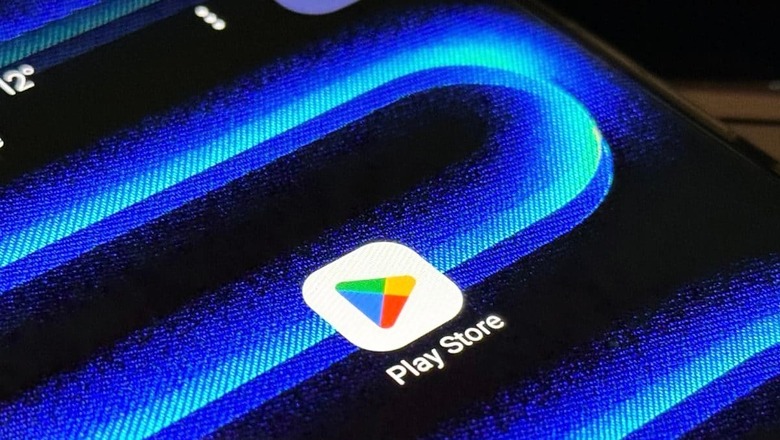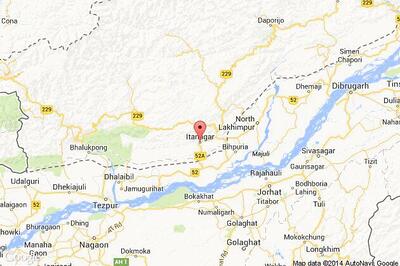
views
Google had removed “popular” Indian apps from its Play Store two days ago citing violations, including the payment terms. But it has reinstated the apps after the companies complied with its policies.
With Android having a market share of more than 90% in India, an app being on the Play Store is promising for developers and the company’s subscriber base.
On Friday, Kuku FM co-founder posted on LinkedIn about Google removing the company’s app from Play Store. Kuku FM is a six-year-old audio platform that hosts books and podcasts in seven languages, and has 10 million download on Play Store.
People Group founder Anupam Mittal, whose website Shaadi.com was also removed by Google, stated, “The government needs to intervene now and direct the CCI (Competition Commission of India) to ensure Google is in compliance with their order and immediately restore all apps that were delisted.”
Amidst protests by several Indian start-ups and companies, the government had stepped in, with IT minister Ashwini Vaishnaw saying that he spoked to Google about the delisting of apps. He is expected to meet the representative of Google and the affected app developers today on the issue.
“I will be telling Google… Our entrepreneurial energy… startups, look at the whole startup India programme, 10 years back we had practically nothing and today we have more than 1,00,000 startups, more than 100 unicorns, this is something. Energy of our talented people should be channelized fully well, it cannot be left to the policies of any big tech,” Vaishnaw said, as quoted by The Times of India.
What is the Dispute?
Google escalated the matter by removing some popular Indian apps after they opposed its policy of charging 26% from the earlier 11% on in-app purchases. This came after CCI directed Google to scrap its previous fee systems in which the developers need between 15% and 30%.
Google delisted the apps after the Madras High Court and the Supreme Court declined to provide any relief to the app developers challenging Google’s payment terms.
Google said in its blogpost on Friday, “…for an extended period of time, 10 companies, including many well-established ones, have chosen to not pay for the immense value they receive on Google Play by securing interim protections from court. These developers comply with payment policies of other app stores.”
How Does Play Store Work?
Google’s operating system Android runs on Samsung, OnePlus, Motorola and Oppo among other smartphones. Some of the Google apps and Play Store come pre-installed in the phones that a user buys. But in order to add a new app, the user has to visit the Play Store and download it.
Apps on Google have three options to accept payments for digital services, Google’s billing system, alternative payment where the company charges the commission and consumption mode where the developer redirects the user to an external website to accept payments.
What’s the Alternative?
PhonePe recently launched Indus Appstore to rival Google’s Play Store, calling themselves “game-changer in India’s digital journey”. According to the official press statement by PhonePe, Indus Appstore will have more than 200,000 mobile applications and games in 12 Indian languages.
It also said no app listing fees will be charged for one year, until April 1, 2025, for developers.
It allows Indian consumers to download over 2 lakh mobile apps and games, across 45 categories. They will be able to discover these apps conveniently in 12 Indian languages, thereby catering to 95% of Indians’ language preferences.
India’s indigenously developed app store, Mobile Seva or mSeva AppStore, which was launched in 2013, has 1,197 live apps and over 9 crore downloads registered.
What’s Next?
It needs to be seen if the CCI would get involved in the tech war. The Supreme Court will hear the matter on March 19.
The CCI had previously directed Google to take corrective measures besides imposing a penalty in October 2022. It had also asked the tech giant to allow third-party app stores on Google Play. But the order was set aside in March 2023 by the National Company Law Appellate (NCLAT).
Google is facing regulatory scrutiny by the governments of the UK, Japan, South Korea and Indonesia over business practices of Google Play.




















Comments
0 comment